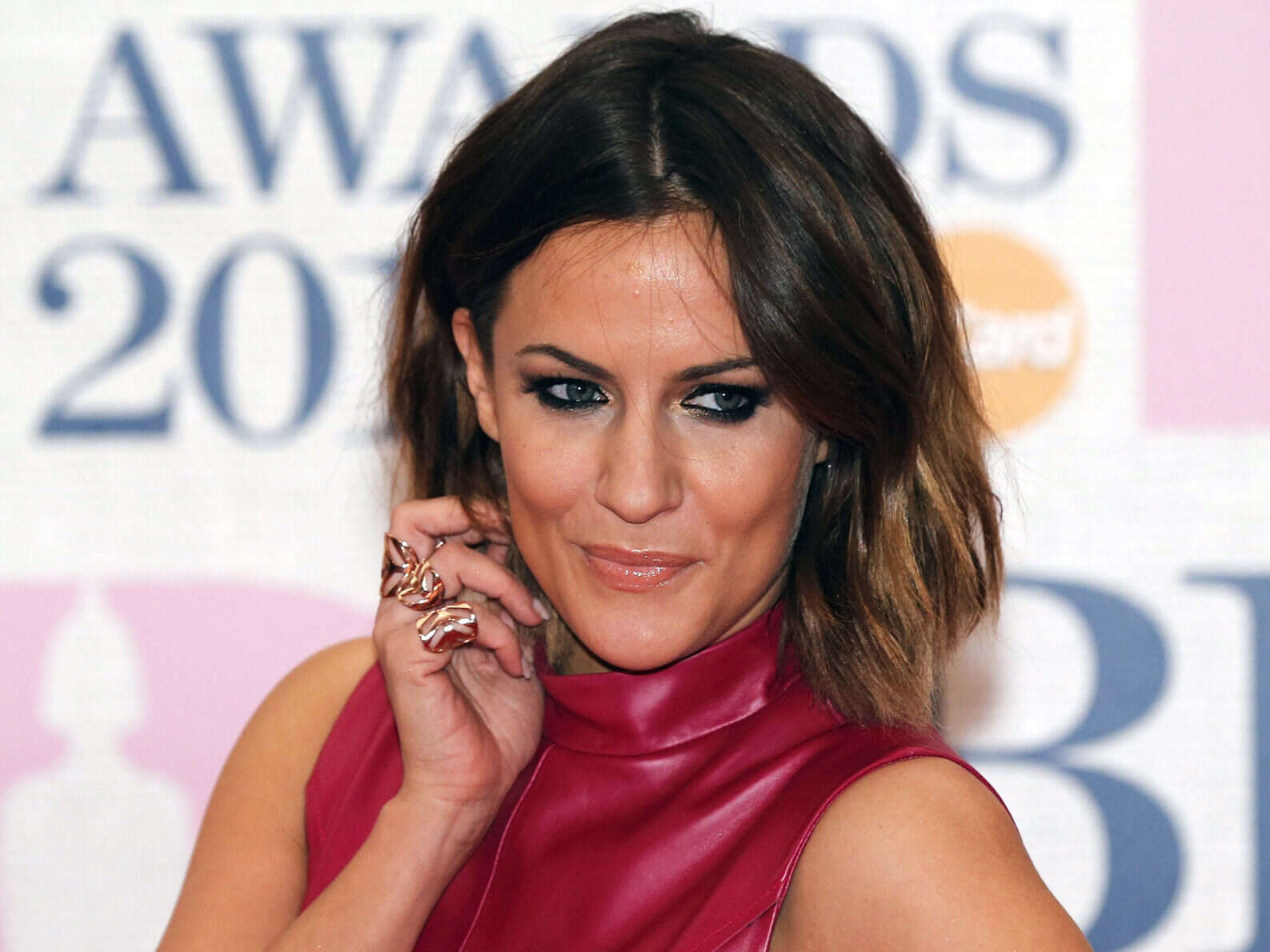
The death by suicide of TV presenter Caroline Flack has seen renewed anger towards tabloid newspapers over recent coverage of the Love Island host.
A perception among some is that stories reporting allegations she violently abused her boyfriend – which had yet to be tested at trial – contributed to the mental anguish that led to her taking her own life.
More than 218,000 people have signed a petition calling for a Government inquiry into the British press, delivered to the new Culture Secretary, after Flack was found dead at her London flat on Saturday.
A further 380,000 have signed one calling for “new and stricter laws around safeguarding celebrities and people in the public eye”, set up by Hollyoaks actress Stephanie Davis.
In an emotional video, Davis claims the media “has blood on their hands” over Flacks’ death.
Presenter Laura Whitmore, Flack’s replacement on Love Island after she was dropped by ITV following her arrest, used her BBC Radio 5 Live show to directly address the press.
“Newspapers who create clickbait, who demonise and tear down success – we’ve had enough,” she said.
Clearly Flack’s death at 40 is a tragedy and it is understandable that those who knew her are searching for reasons as to why, in spite of her success, she felt she had nowhere left to turn.
Tabloid journalists are often criticised for the stories they write, even by their industry peers, but to draw a link between credible, factual news reporting and suicide is unfair and unhelpful.
In fact suicide prevention charity Samaritans advises against suggesting that a single incident caused someone to take their own life.
Already journalists are facing online abuse over Flack’s death, with Mirror, Express and Star publisher Reach offering guidance to reporters, including offering to remove links to their Twitter accounts in bylines.
The abuse has prompted Reach group editor-in-chief Lloyd Embley to send a message to staff today defending its online coverage, saying there is “no evidence” it had been “irresponsible”.
“Unfortunately it seems that in the current climate some people are desperate to blame the mainstream media for everything that goes wrong,” he added.
The Sun has not made an official comment about its coverage.
Its decision, following news of Flack’s death, to remove a story about a Valentine’s Day card making light of the allegations against her is understood to have been taken with the intention of avoiding further distress to family and friends, rather than a sense of shame or guilt.
A common mistake among non-journalists is to assume intention in a story. Often it is the simple reporting of interesting facts delivered “without fear or favour”, as the industry refrain goes.
The allegations against Flack were being pursued by the Crown Prosecution Service and details had already emerged in a court hearing ahead of a trial next month.
For a national newspaper not to report this would have been strange indeed.
Picture: Reuters/Suzanne Plunkett
Email pged@pressgazette.co.uk to point out mistakes, provide story tips or send in a letter for publication on our "Letters Page" blog
